Admitting a loved one to a nursing facility can be a difficult and costly choice. Family members making this decision should have the peace of mind that they are being treated fairly during the process. To protect District seniors and consumers, OAG recently secured an agreement with two Ward 1 nursing facilities—Washington Center for Aging Services and Stoddard Baptist Nursing Home—to stop their deceptive billing practices.
OAG alleges that to admit seniors to these facilities, family members were required to sign an Admission Agreement that identified them as a “Responsible Party.” This document suggested that these non-residents were responsible for paying the senior’s expenses, and on numerous occasions, these nursing facilities tried to collect money from family members if the resident or their insurance failed to pay bills on time. Misleading collection letters to family members stated that if payments were not made, they would be “personally liable for such amounts” because they were “financially responsible for the terms of [the Admissions Agreement].” In 15 cases, the facilities filed lawsuits against family members to compel payment. With over a 420-person capacity between these two nursing facilities, the number of deceptive collection calls and letters is likely much higher.
These misleading billing practices harmed District consumers by pressuring them to pay for services when they had no financial obligation to do so. The Admission Agreement also unlawfully required residents to set up direct deposit to pay for bills instead of allowing them to manage their finances and pay the facilities directly.
Under the terms of the agreement, Washington Center for Aging Services and Stoddard Baptist Nursing Home must:
- Update the Admission Agreement to make clear that non-residents are not financially responsible for residents’ bills and to allow residents to pay without setting up direct deposit.
- Change collection letter language to ensure it does not implicitly or explicitly say that non-residents are personally liable to pay for resident’s care.
- Cease debt collections and terminate lawsuits that seek money from non-residents to pay for residents’ care.
- Provide restitution to any non-resident discovered to have made payments to the nursing facilities as a result of litigation filed by the homes, or incurred attorney’s fees in defending against such litigation.
- Pay $20,000 to the District for costs and civil penalties.
Report Unfair Business Practices
If you’ve signed a nursing home admission agreement with this kind of misleading or unlawful language, or if you believe you have been the victim of a scam or unfair business practice, report it to OAG by:
- Calling the Consumer Protection Hotline at (202) 442-9828
- Emailing Consumer.Protection@dc.gov
- Submitting a complaint online at oag.dc.gov/consumercomplaint.
Resources to Protect District Seniors
If you know a District senior experiencing financial exploitation, abuse, or neglect, immediately get help by:
- Filing a report with Adult Protective Services (APS) by calling their 24-hour hotline at (202) 541-3950.
- Filing a police report with the Metropolitan Police Department (MPD) by calling the police at (202) 265-9100.
- Contacting OAG’s Elder Justice Section at (202) 727-3807 or elderjustice@dc.gov.
The Office of the Attorney General works to educate District residents about their consumer rights, responds to individual consumer complaints, and takes appropriate law enforcement action when possible. Learn more about your rights and how to protect yourself against scams at oag.dc.gov/ConsumerProtection.
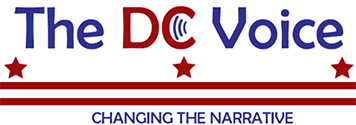










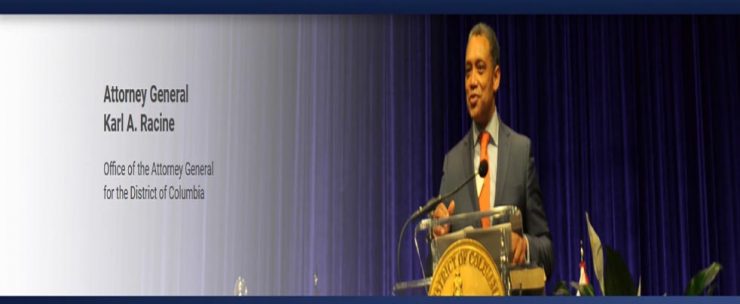
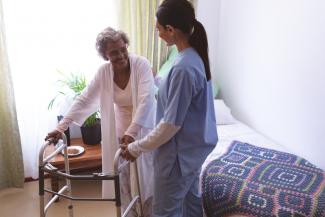
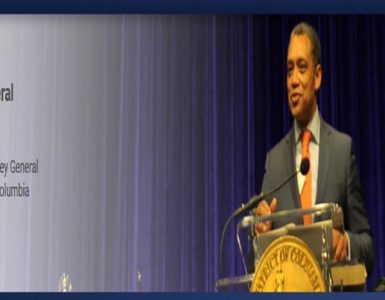

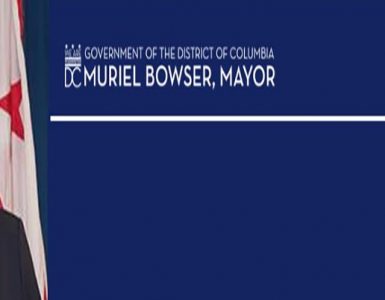

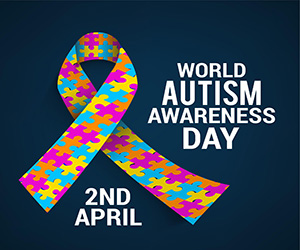

Add comment